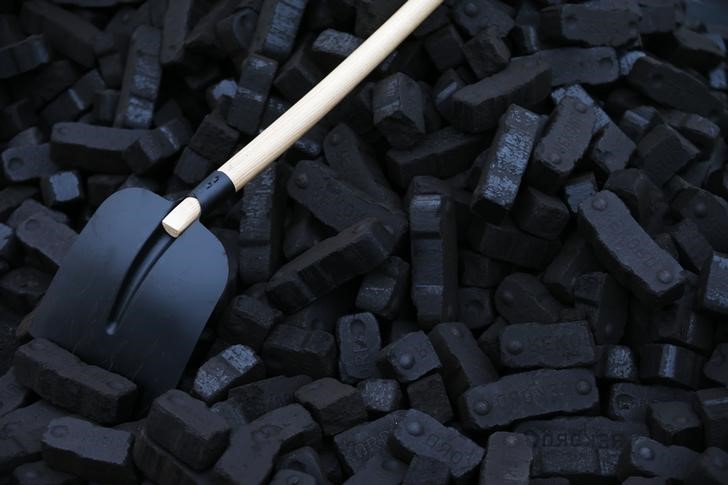By James Regan
SYDNEY, June 14 (Reuters) - Glencore GLEN.L will pitch its $2.55 billion bid for Rio Tinto 's RIO.AX RIO.L Australian Coal & Allied unit directly to Rio Tinto's board in Canada on Thursday, two sources familiar with the matter told Reuters.
The meeting, headed by Glencore's Australian Chief Executive Peter Freyberg, comes five days after Glencore outbid Chinese-owned Yancoal YAL.AX for Coal & Allied Industries Ltd, which operates thermal coal mines in Australia's Hunter Valley. proposal is $100 million higher and fully funded, but Rio Tinto has to give Yancoal the chance to make a counter offer, opening the way for a bidding war.
A formal response from Rio Tinto to Glencore's offer could come by the end of the week, the sources said, given Glencore's acceptance deadline of June 26. If Glencore's offer is accepted by Rio Tinto, Yancoal will have five days to respond.
Yancoal and Glencore declined to comment. Rio Tinto could not be reached for immediate comment.
Freyberg will argue before the Rio Tinto directors, who are meeting this week in Canada, that Glencore's offer provides greater financial certainty than Yancoal's because it intends to fund the acquisition from cash on hand and committed facilities, subject only to regulatory conditions.
"Glencore thinks it has the better offer because it's higher and there are may be doubts over Yancoal's funding," one of the sources said.
Yancoal's second-biggest shareholder is struggling commodities trader Noble Group NOBG.SI . Yancoal plans a capital raising to help pay for Coal & Allied and Noble would have to invest $260 million in newly issued Yancoal stock to maintain its stake at 13 percent.
"This is an element that Glencore will be stressing," the source said.
Fitch Ratings cut Noble's rating on May 26 on concern over its ability to address about $2 billion of debt maturing over the next 12 months. said last month it was not concerned at that time over Noble's financial strength. is also expected to try and assure Rio Tinto that its bid would not run into hurdles from competition regulators in China and Australia.
The bulk of the coal is sold to power companies in Japan, South Korea and Taiwan, with little remaining in Australia or sold to China.
